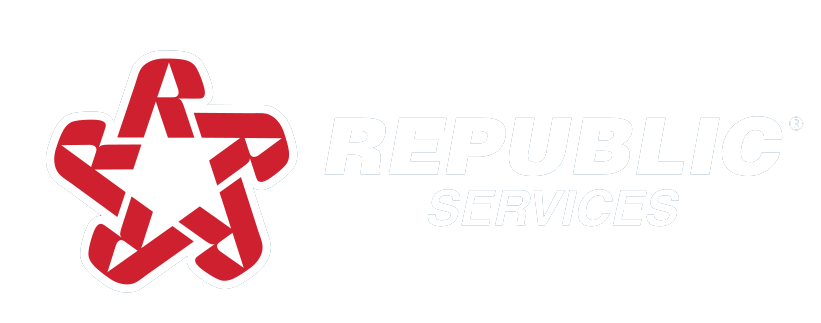About Detroit North
Republic Services Detroit North provides safe and effective waste management solutions, such as wastewater, hazardous and non-hazardous waste treatment, to companies and manufacturers predominantly in southeast Michigan and across the Midwest. The facility specializes in treating acid and base wastewater streams and processes 50,000-75,000 gallons daily.
The Detroit North facility, located near Hamtramck, was established in 1974 and currently employs 8 people.
What does the Detroit North facility do?
Detroit North processes hazardous and non-hazardous wastewater streams and non-hazardous solid waste from government entities and key industries including automotive, aerospace, retail and manufacturing.
What kind of waste does the facility process?
The facility is a leader in commercial wastewater treatment, commonly generated by industrial processes. Acids and bases such as sulfuric acid and sodium hydroxide are some common liquids the facility processes. Detroit North also processes non-hazardous solid and liquid waste destined for disposal at a non-hazardous landfill. Common waste streams include household and retail products and oil contaminated soil.
How does it process this waste?
Before accepting any waste, we conduct a thorough review to ensure it meets our safety and handling standards. The company providing the waste, commonly referred to as the waste generator or simply the generator, must submit accurate details, supported by documents such as test results or safety data sheets. These details are referred to as waste categorization information. Upon arrival, we inspect the containers and take samples to verify that the waste matches the information provided during the technical review process.
During the wastewater treatment process, our facility treats waste containing heavy metals, pressable solids, water contaminated with oils, and various chemical and oily wastes. We use several treatment methods, including pH adjustment, oil/water separation, chemical precipitation, acid/base neutralization, chemical oxidation/reduction, sludge conditioning, and filter pressing. Effluents from the processes are then discharged to the Great Lakes Water Authority.
Non-hazardous waste needs to be in solid form before it can be disposed of at a landfill. The solidification process occurs in steel tanks constructed within a secure concrete structure. During the solidification process, waste and chemicals are thoroughly combined using an excavator bucket to solidify the liquid waste.
During the wastewater treatment process, our facility treats waste containing heavy metals, pressable solids, water contaminated with oils, and various chemical and oily wastes. We use several treatment methods, including pH adjustment, oil/water separation, chemical precipitation, acid/base neutralization, chemical oxidation/reduction, sludge conditioning, and filter pressing. Effluents from the processes are then discharged to the Great Lakes Water Authority.
Non-hazardous waste needs to be in solid form before it can be disposed of at a landfill. The solidification process occurs in steel tanks constructed within a secure concrete structure. During the solidification process, waste and chemicals are thoroughly combined using an excavator bucket to solidify the liquid waste.
How does the facility limit offsite impacts?
Structural controls utilized at the facility include impervious concrete, air pollution control devices (i.e., baghouse dust and scrubber), and a stormwater conveyance and collection system the collects all stormwater from the active area for onsite treatment. Non-structural controls include daily sweeping and inspections.
Routine environmental monitoring at Detroit South includes the collection of routine wastewater discharge monitoring samples, and ambient air monitoring samples. The results are reported to EGLE and/or GLWA. Republic Services also monitors onsite odor levels during the technical review prior to approval of the facility and again during the waste acceptance screening process. Personnel investigate the source of any and all odors reported or detected to determine the source using information on waste streams being managed, weather data and on-site and off-site odor surveys. Additional processing controls may be implemented and can include limiting the volume of waste processed, the time waste is stored onsite and eliminating the waste stream from onsite processing.
Routine environmental monitoring at Detroit South includes the collection of routine wastewater discharge monitoring samples, and ambient air monitoring samples. The results are reported to EGLE and/or GLWA. Republic Services also monitors onsite odor levels during the technical review prior to approval of the facility and again during the waste acceptance screening process. Personnel investigate the source of any and all odors reported or detected to determine the source using information on waste streams being managed, weather data and on-site and off-site odor surveys. Additional processing controls may be implemented and can include limiting the volume of waste processed, the time waste is stored onsite and eliminating the waste stream from onsite processing.

